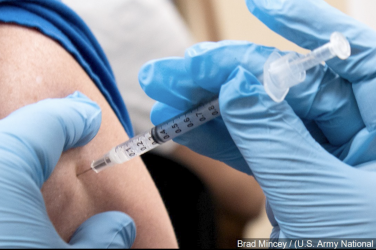Athens, Ga- A recent study from the New England Journal of Medicine shows that the Mediterranean Diet can reduce the risk of heart disease.
Burgers sizzling and chip bag wrestling is a common site you see in America. Great mouth watering great mouth watering taste but at what cost?…your life? It doesn’t have to be. A recent study shows that the Mediterranean Diet reduces a heart attack and stroke risk by nearly thirty percent. So what is this diet? Within the study participants were told to eat a lot of foods like fruits, veggies, fatty fish, and nuts two to three times daily, and four tablespoons of extra virgin olive oil daily. Dietician Benjamin Gray at the Health Center explains that not all fats are created equal and is not surprised by the findings in the study. “It does highlight that it’s important to eat and take in more fruits and veggies and make sure that our sources of protein are higher in unsaturated fats”, said Gray. The participants war also told to avoid certain foods that are popular in American culture like soda, butter, red meat, and pastries. Another part of the Mediterranean Diet is drinking wine. But don’t switch out your coke for Merlot just yet. Chef Nathan at the National explains he cultural differences of wine in the diet. “Wine is very important in their culture. Not necessarily that their guzzling it everyday”, said Chef Nathan. Switching to this diet does have health benefits and may add years to your life. Be sure to consult with your physician before starting this diet.







Show Comments (1)
Tina Souza
This kind of diet is amazing! I just started but I’m still working on it. I hope it reduces my fat cheeks too! Kidding aside, it’s nice to know how this diet is working on me.
Comments are closed.